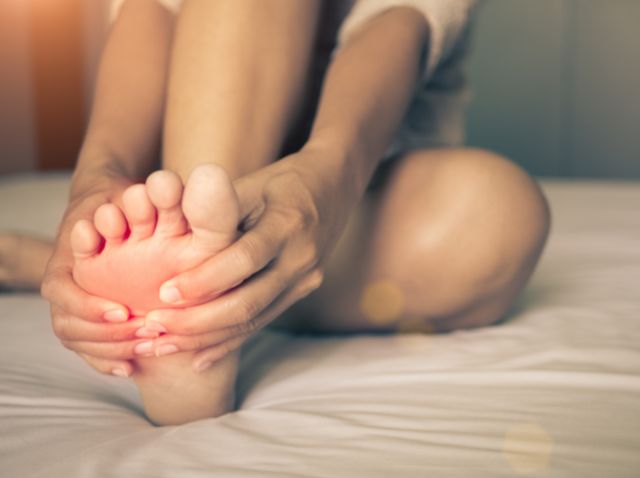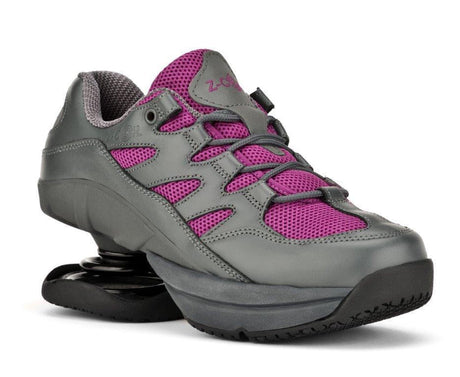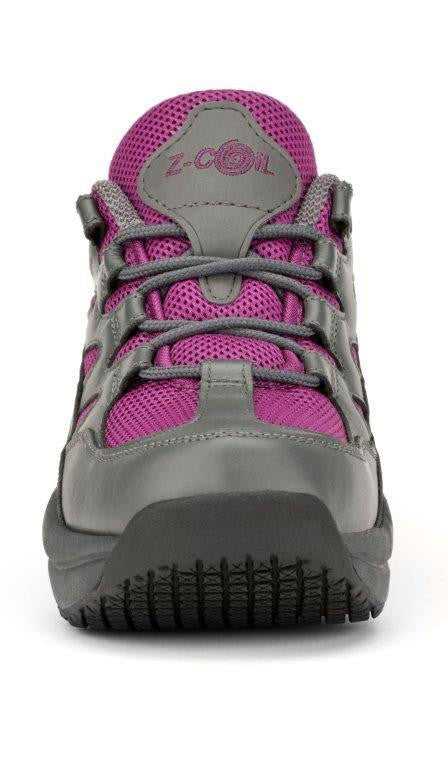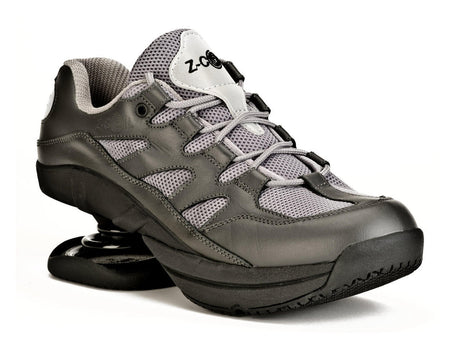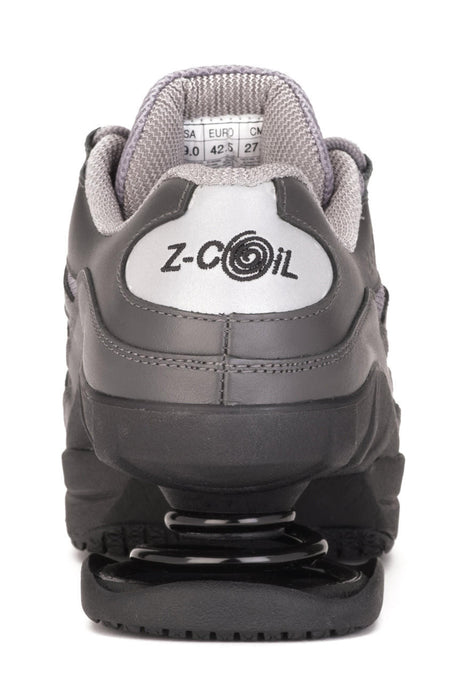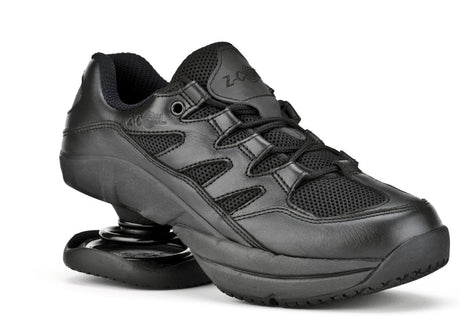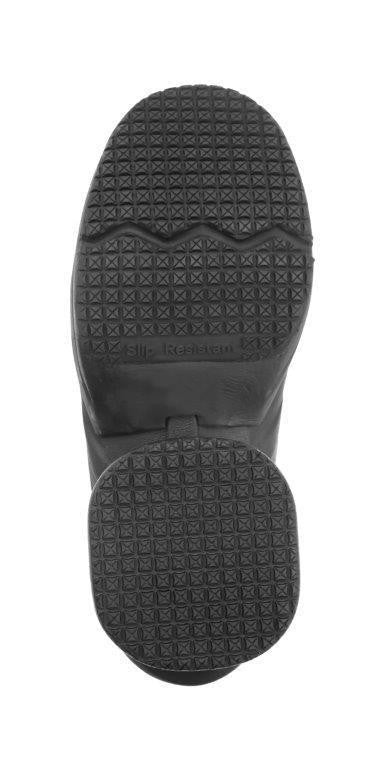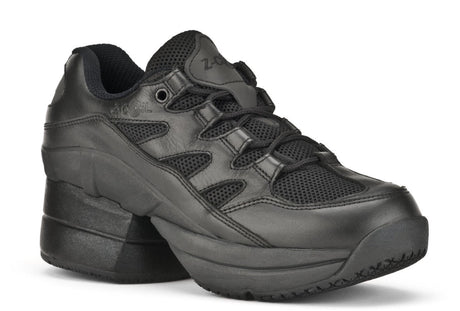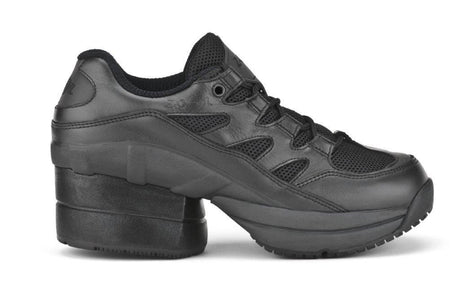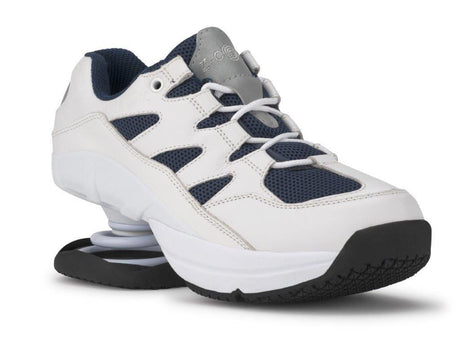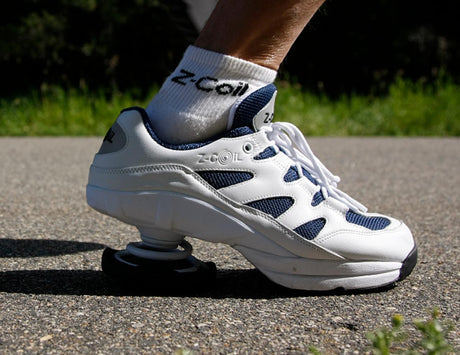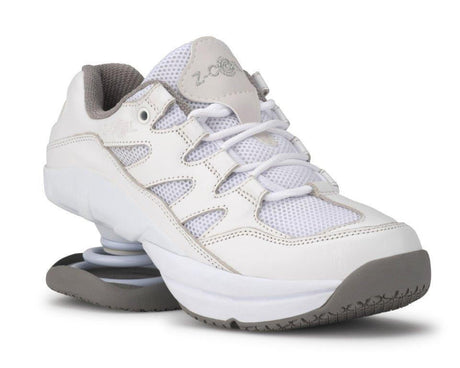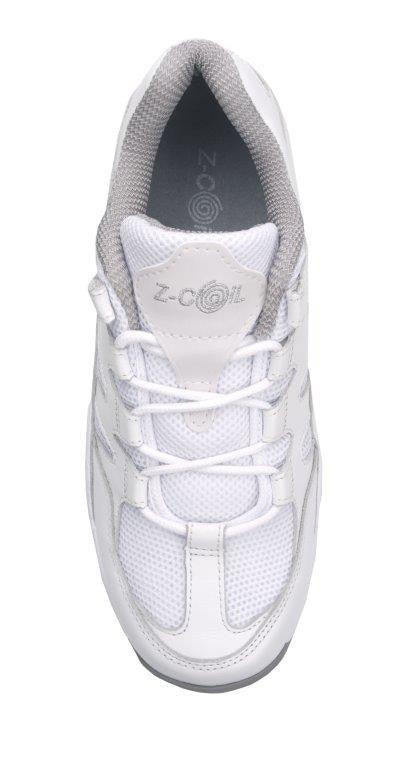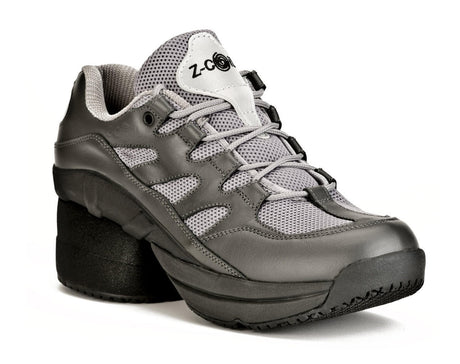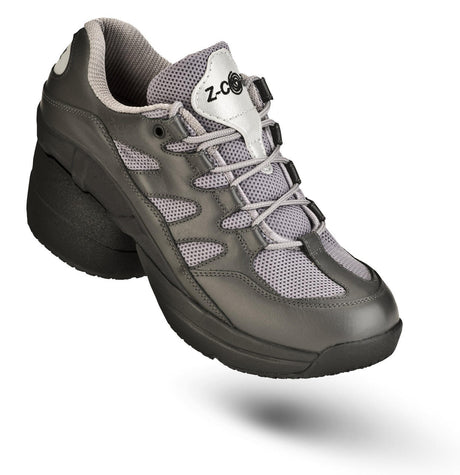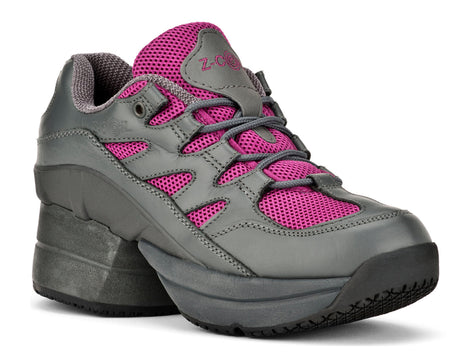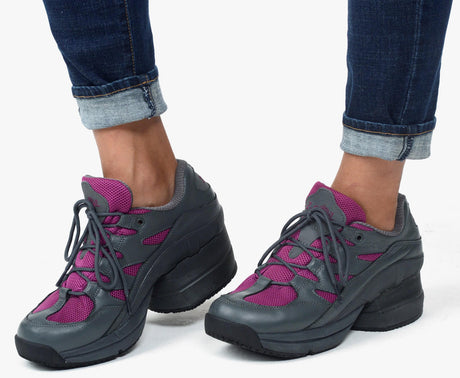Most people spend the majority of their day on their feet. From walking around the grocery store to treading between the couch and bathroom, numerous daily activities put your feet to work. They endure a lot throughout the day, and the various demands paired with the pervasive pull of gravity do a number on them. Adding pain and aches to the list of burdens doesn’t help ease the load off, either. Here are nine common causes of aching feet and how to combat the pain and cater to your feet’s needs.
Excessive Strain
Anytime you move, stretch, or strengthen your body, your muscle fibers break apart and reconnect to form stronger and newer strands. Overworking your body causes it to wear down and fall behind in the healing process, stimulating pain as they struggle to catch up. Like the rest of your body, your feet are susceptible to wear and tear. Too much use and very little care lead to worn-out feet and excessive strain.
Aches appear after intense and constant use of your feet. It’s your body’s way of telling you to rest. As the base of your body’s structure, your feet carry a lot of weight. Resting regularly and giving them love in the form of bath soaks and ice reduces strain and next-day aches. Simply lifting your feet off the ground also minimizes strain.
Fallen Arches
Fallen arches or flat feet is a type of foot structure that lacks a natural supporting arch. Foot arches aid the design and operational performance of your feet. They distribute weight evenly across the entirety of your foot, add flexibility, and create a springy mechanism that reduces your foot’s impact with the ground. Feet lacking arches endure the brunt force of contact with the floor, increasing the chances of pain in that area.
Although there isn’t a lot one can do to alter their foot’s structure, there are a couple of ways to reduce the pain caused by fallen arches. Strengthening your leg muscles allows them to take some burden off of your feet and carry some of the weight. Resting your feet releases pressure and strain. And wearing footwear specifically designed to support your feet structure also minimizes the aches and other effects of flat feet.
Morton’s Neuroma
Your foot’s design consists of a complex structural network featuring numerous nerves, muscles, tissues, and bones. Sometimes each of the individual components clash with one another, causing a chain of events and concerns. When your feet tissues thicken around the nerves leading to your toes, Morton’s Neuroma occurs. It creates sharp pain and numbness.
Morton’s Neuroma happens when your foot endures too much strain, excessive pressure, or an injury. It often feels like a persistent pebble in your shoe when you walk. Certain physical exercises and padding minimize the pain and relieve tension from the affected area.
Plantar Fasciitis
Plantar fasciitis causes numerous hindrances, from immense pain to discomfort in walking. It is one of the most common minor foot injuries possible. Older people, frequent runners, and dancers tend to experience plantar fasciitis more than most.
Plantar fasciitis occurs from an inflammation of tissues nestled near your heel. Like most causes of foot pain, regularly resting, wearing padded footwear or inserts, and icing the inflamed area reduce the pain and make it more bearable to stand.
Inflamed Tendons
Tendons are thick cords of fiber that connect your muscles to your bones. In your feet, the Achilles tendon sits behind the nape of your ankle. It plays a major part in various movement mechanisms, allowing you to rotate, flex, and point your feet.
Tendinitis occurs when your tendons get inflamed due to overuse and excessive strain. Achilles tendinitis causes pain in your heels and tenderness around your ankle and feet. It commonly affects runners and various other athletes training under intense conditions. Continuing to apply pressure and excessively using your feet without rest risks snapping the tendon, causing more health and movement issues.
Corns and Calluses
Whether walking barefoot or in shoes, your feet endure friction as they come into contact with various surfaces. The persistent pressure and friction against the skin cause corns and calluses to appear. Both lead to discomfort and an aching sensation on your feet.
Corns and calluses create raised bumps of thick, layered skin. Their protrusion increases friction and contact with external surfaces, increasing your pain and any irritation caused while walking. Wearing padded bandages, moisturizing, scrubbing, and soaking your feet minimizes the bumps and mitigates soreness.
Shoe Blisters
Similar to corns and calluses, blisters arise from intense applied friction. However, blisters create fluid pockets instead of forming raised, thickened skin layers. Blister bubbles itch and, when popped, hurt. They commonly occur when you break in tight shoes, don’t wear socks, sweat, and wear any footwear with straps or rough soles.
Blisters make wearing footwear uncomfortable and potentially lead to scratches and cuts, causing further ailments. Wearing bandages and ensuring to keep the blisters clean and covered reduces the risks of infection and allows them to heal properly.
Worn Soles
The soles of your shoes play a crucial role in providing your feet with comfort and support. They vary per footwear, differing in padding, structural support, and impact resistance. Over time, constant wear erodes the soles, deteriorating their functionality and quality.
Worn soles lack any form of foot support, causing your feet to endure the full force and impact of contact with the ground and friction against hard surfaces. Without the proper aid and cushioning, your feet endure more strain and end up aching by the end of the day. Changing your footwear or adding inserts prevents you from enduring the unpleasantries of flat, worn soles.
Improper Footwear
Footwear came into fruition with a means to protect the feet. However, wearing the wrong type can do more harm than good. Improper sizing, padding, structural shape, and materials make footwear uncomfortable and unpleasant to wear.
Wearing footwear that caters to your feet, such as specifically shaped soles and bouncy heels, reduces the risks of aches and harmful situations. Footwear specifically designed with orthopedic features offers you the most optimized design made for taking care of and supporting your feet. Z-Coil Footwear offers a variety of women’s and men’s orthopedic walking shoes that enhance your walking experiences, minimizing pain and providing comfort for various foot types and occasions.
There are numerous causes of aching feet, from the activities you do to the type of footwear you wear. Ensuring to rest your feet regularly, care for them, and wear the right shoes minimizes aches and any other possible ailments. The more support you provide your feet, the more they can support the rest of your body.


